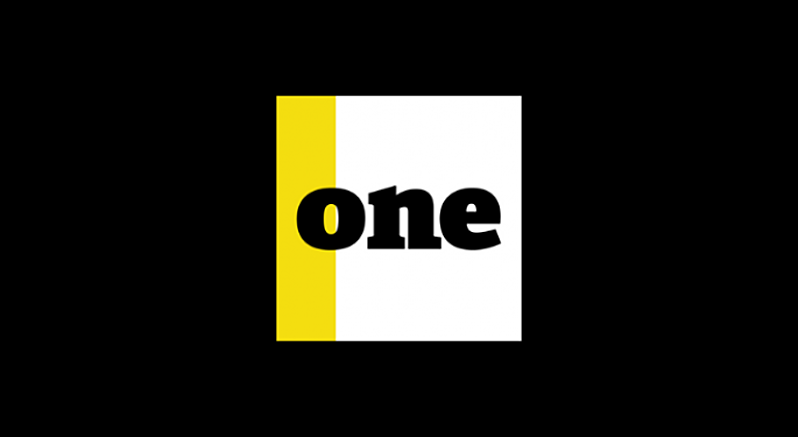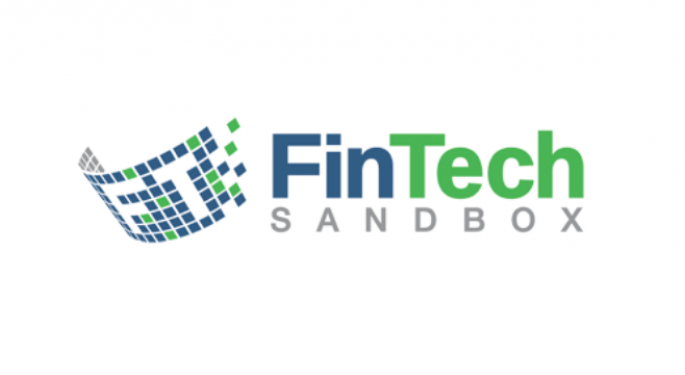Fintech Focus Roundup For September 26, 2020

United Wholesale Mortgage CEO Talks IPO Plans
What's Happened: On the heels of a record year, Pontiac, Michigan-based United Wholesale Mortgage announced this week it will merge with special purpose acquisition company Gores Holdings IV Inc in a deal that would value the firm at $16.1 billion.
What's The Result: The deal would provide United with up to $925 million for the execution of emerging growth opportunities. The reasons United is going public are technology innovation, notoriety for brokers, consumer education and increased ownership, CEO Mat Ishbia told Benzinga.
"We're already a leader in technology," Ishbia said, "and we're going to roll out some really big things between now and the end of the year, early next year."

NYCE Raised $1M For 'Robinhood Of Real Estate'
What Happened: NYCE formally announced it became the fastest real estate company to raise $1 million on the Wefunder and Republic investing platforms.
What Is NYCE: NYCE is a fintech specializing in real estate investing opportunities.
The company is a pioneer in the tech-driven investing space, using a Robinhood-like app to allow micro-investors to buy into real estate for as low as $10.
Why It Matters: In light of the COVID-19 coronavirus pandemic, the wealth disparity between different classes and demographics became increasingly apparent.
As a result, Martin Braithwaite, a soccer player for FC Barcelona, and Philip Michael, author of “Real Estate Wealth Hacking: How To 10X Your Net Worth In 18 Months,” spearheaded funding efforts for their organization NYCE Companies.
What's The Goal: The company’s ultimate goal is to help 100,000 Millennial and Gen Z users become first-time millionaires by 2030.
“A lot of issues you see in America are really manifestations of classism,” Michael told Benzinga in a conversation earlier this year. “Simple shifts in individual behavior could reduce the wealth gap we have today.”

Greenlight Helps Engage Children Financially
The Why: In today’s connected world, parents demand solutions that engage their children financially.
Greenlight Explained: In the simplest way possible: Greenlight helps kids build long-term wealth.
“Our mission is to help parents raise financially smart kids,” said CEO Tim Sheehan. “That means helping them form financially healthy habits they can take with them into adulthood.”
Impactful Tools: The company’s core products include a debit card and fractional investing with parental control functionality, as well as tools that enable parents to track chores and deliver allowances.
The entire product portfolio can be characterized by the following:
Spending: Debit card that allows parents to control and supervise spending.
Savings: Intuitive interest-earning savings account with built-in incentives.
Giving: Families can teach their kids to give back to charities and nonprofits.
Investing: Kids can learn the markets and invest fractionally, if parents allow.
“With the built-in investment account that is about to roll out, kids can learn how to invest, research companies and ETFs, and then propose investments to their parents,” said Sheehan.
Outlook: “Our mission is our biggest differentiator.”
Going forward, Greenlight aims to lean on its core competencies in providing new and intuitive tools that enable kids to learn by doing.
“We’re big believers in having them learn by doing so they’re actually learning while they are making trade-off decisions -- spend versus save -- on how to allocate their money.”

Share, Spend And Borrow From One Account
What Happened: One Finance, a fintech geared toward life-based banking, launched a digital banking service Tuesday targeted at today’s consumers and middle-income Americans.
Why It Matters: A common problem in financial services is the lack of integration, forcing consumers to fragment their savings, spending and borrowing across multiple products.
Founded in 2019, One Finance is a fintech specializing in unified banking experiences. Simply put, the company has combined different aspects of financial services into one account.
“The traditional financial system hasn't caught up to the realities of how people live today. In many middle-income families, couples are choosing not to merge finances, siblings are pooling money to care for aging parents and former spouses are co-parenting,” CEO Brian Hamilton said.
“Consumers have to stay on top of multiple banking and credit accounts, creating a lot of anxiety. We knew there could be a better way to bank, which is why we created One — banking that supports you and simplifies your finances.”
Solutions Offered: “Part of the stress is that your money is in three, four, or five different places.”
One Finance comes as a holistic solution for spending, sharing and saving in one account. The company’s flagship product is a Mastercard that can be used as a debit or credit card at places where consumers shop. The card works with Apple and Google Pay and also allows for touch-to-pay functionality.
Other core products tied to the One card include:
Pockets: A way to spend and share money with those closest to you.
Credit Line: Borrowing with no overdraft fees and 12% APR.
Savings: Deposit savings and earn interest up to 1% APY.
“The idea is that we’ve pulled everything together into one card that you can use as a credit or debit card,” Hamilton said.
“You can even create, share, and spend from a shared Pocket — it’s essentially like splitting up the equivalent of a joint account.”

Unpacking First American's Banking Approach
What's The Problem: Preferences for banking have changed tremendously; consumers now favor personalized services with digital and mobile functionality.
What's The Solution: Founded in 1901, First American Bank is an employee-owned, consumer-focused bank provider. The company is big enough to cater to complex banking needs, but small enough to maintain active and personalized relationships with customers.
In the simplest way possible: First American merges traditional values with forward-looking financial services philosophies, helping meet the needs of savers, borrowers, and businesses in the 21st century.
Use Case, Recent Developments: In light of the COVID-19 coronavirus pandemic, the digital transformation in banking accelerated.
As a result, First American redesigned its bank branches to eliminate teller lines and deliver more personalized services.
“We’re training our personal bankers to deliver more products from a desktop, rather than a teller line,” Florida Market President Brian Hagan said. “We’ve also done a lot of education events in-person, and we’re converting those to a more virtual world where we’re doing more webinars, online seminars, video content.”
Additionally, the company has amped up its advisory services, helping guide long-term investors during the market volatility.
“We’re advising our newer investors in the market to get in over time and look for some of those dips,” Hagan noted during a discussion regarding personalized wealth management strategies.
“We expect to continue focusing on the investor who needs significant coordination in a very complicated life. We think we’re uniquely able to understand by virtue of being a business bank.”

FinTech Sandbox Is Helping Entrepreneurs Scale
What Happened: FinTech Sandbox, a Boston-based nonprofit promoting fintech innovation, started its Week of Virtual FinTech Talks, featuring Demo Day 7.0.
As part of a vision to inspire and encourage change in financial services, Fintech Sandbox, alongside its network of over 40 data partners, provided early-stage fintechs access to critical support. Through FinTech Talks — a series of six events the first of which is a virtual demo day showcasing startups — the organization plans to unlock access to actionable data and better support fintech entrepreneurs.
Given the COVID-19 coronavirus pandemic, the 2020 Demo Day went virtual. Videos of the innovations were revealed in advance, leaving the event itself open to communication.
Why It Matters: 2020 shook the financial services industry, forcing innovation and adaptation to emerging consumer preferences.
“From a fintech perspective, I think these early startups are really the ones taking on the challenge to fill some of the gaps. We’re going to see a lot of interesting technologies bubble up over the next few months to a year that are really a direct result of some of the issues we’re seeing today.” - Kelly Fryer, Executive Director

See more from Benzinga
© 2020 Benzinga.com. Benzinga does not provide investment advice. All rights reserved.

